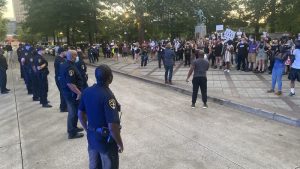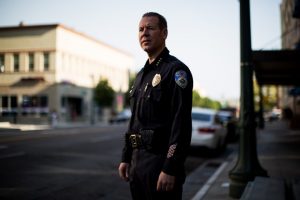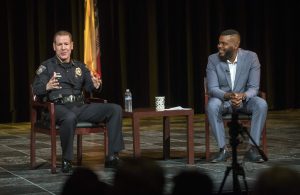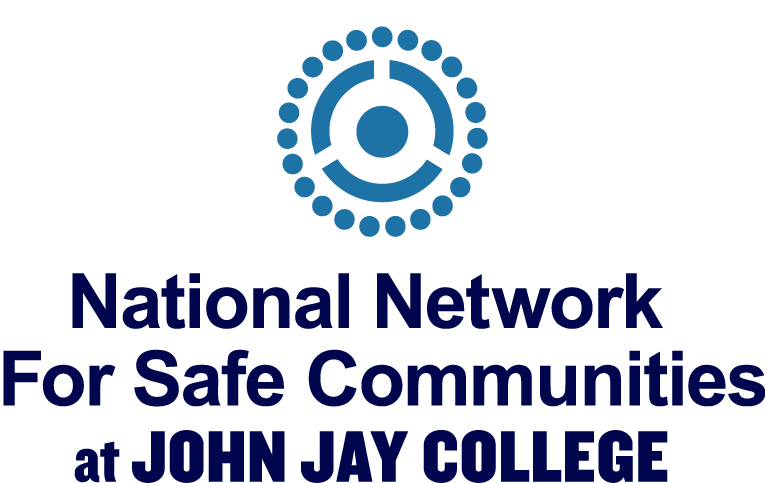
Case Study: Integrating Community Members into Reconciliation Listening Sessions in Birmingham
The Birmingham Police Department was holding successful listening sessions, but wanted to engage community members with lower levels of trust in police…
The National Initiative for Building Community Trust and Justice (NI) was a project funded by the U.S. Department of Justice in 2014 to improve relationships and increase trust between communities and police. In addition, the NI sought to advance the public and scholarly understandings of the issues contributing to those relationships. The NI consisted of three pillars: Procedural Justice, Implicit Bias, and Police-Community Reconciliation.
In August 2019, the Urban Institute published an evaluation of the NI. Public opinion surveys conducted by the Urban Institute demonstrated that procedural justice and implicit bias training, when combined with frank engagements between communities and police that address past and present harm and inform policy and practice changes, improve police-community relations. The outcome of the NI is a successful framework to increase police legitimacy, which is a key element in improving public safety.

The Birmingham Police Department was holding successful listening sessions, but wanted to engage community members with lower levels of trust in police…

Throughout 2018, the Gary Police Department began using new messaging to community members to reinforce connections between its police-community trust-building efforts and violence reduction…

As part of its youth intervention, the Fort Worth Police Department hosted a peer exchange on a training curriculum developed by its procedural…

The Stockton Police Department in California has piloted a community input process for new departmental policy. On August 3, 2017, the department convened its Community

The Pittsburgh Bureau of Police has made it a priority to improve service to immigrant and refugee communities. In July 2018, they held a…

Minneapolis Police Department Community Resource Officers created the “Oshki-ikwewag Mino-Bimaadizii” mentoring program, which translates in the Ojibwe language to “Young women leading a good…

So where do we go from here? This verdict won’t change the mistrust that many people of color have with the police. This verdict won’t

As California and the nation debate the aftermath of the George Floyd killing, Stockton has some insights, if not answers, about what it means to

Eight years into leading law enforcement in this long-troubled city, the results of Jones’ experimental approach are a lesson for a nation in turmoil about

NNSC directed the DOJ’s National Initiative for Building Community Trust and Justice in six cities nationwide; including Minneapolis. Despite promising project results, the hard work
Office: 500 W. 56th St., Suite #031W • New York, NY 10019
Mailing: 524 W. 59th St., Suite #031W • New York, NY 10019
Privacy Policy
